Honey Help for Cancer Treatment Side Effects - Ironwood Cancer & Research Centers
4.5 (303) · $ 9.00 · In stock
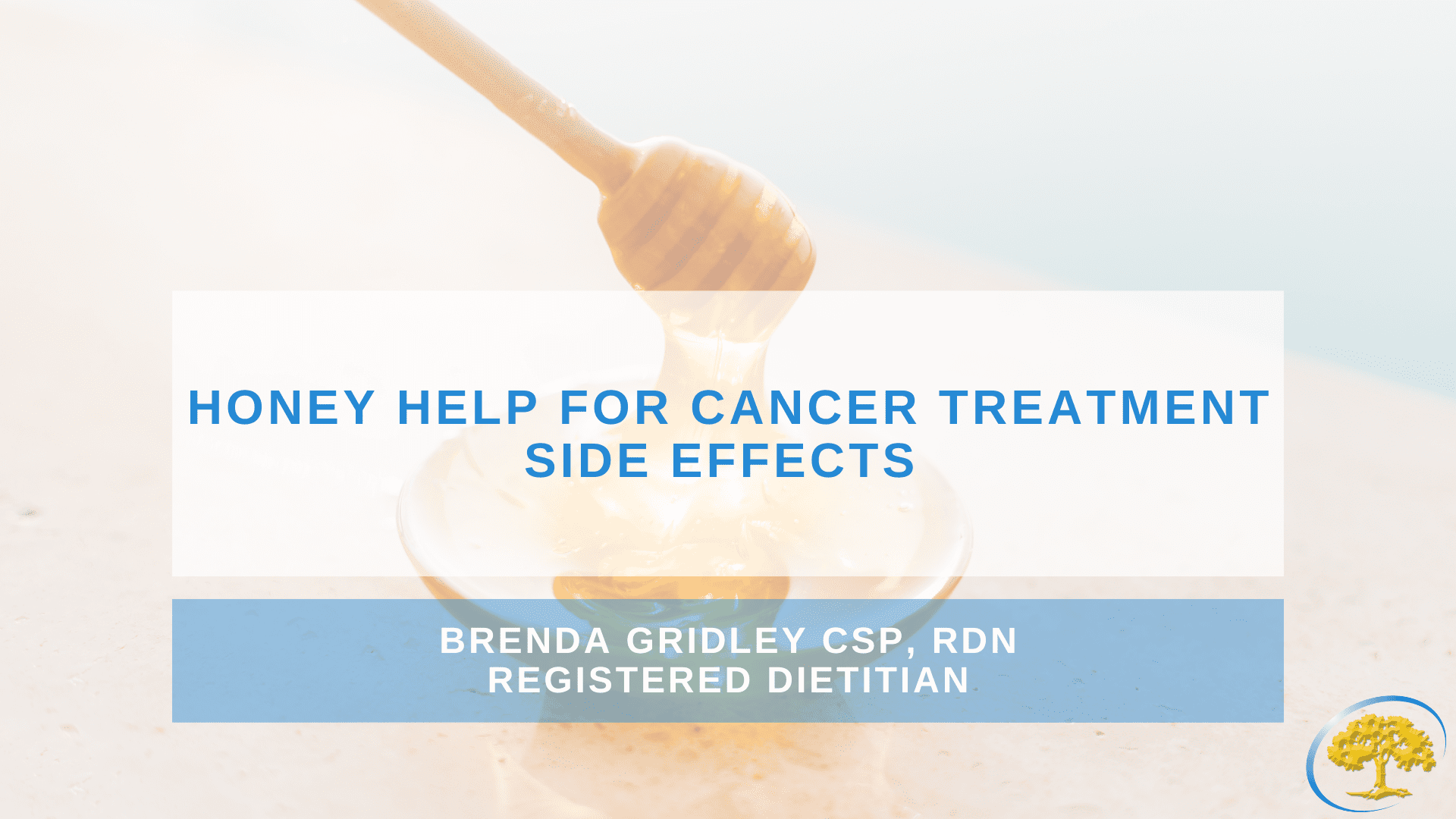
There are about 320 known different types of honey worldwide made from different sources of flowers. The flavor, color, and odor of each type of honey depends on the flowers and plants used by the bee to make it. Freshly extracted natural honey is a viscous liquid. Viscosity depends on many substances such as honey compounds and especially the water content. Hygroscopicity (the ability to absorb and retain ambient moisture) is another physical property of honey. The chemical composition of natural honey varies depending on the floral source used by the bee. Natural honey is composed of more than 200 different substances, including amino acids, vitamins, minerals, flavonoids (antioxidants) and enzymes.

Spotsylvania man goes through painstaking process to restore Civil War sword
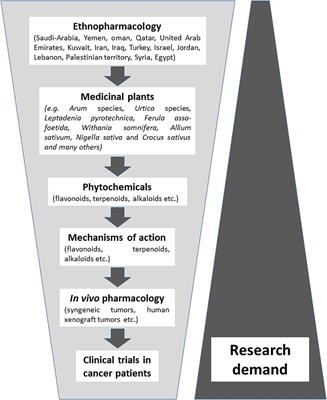
Frontiers Medicinal Plants from Near East for Cancer Therapy

Ironwood Cancer & Research Centers
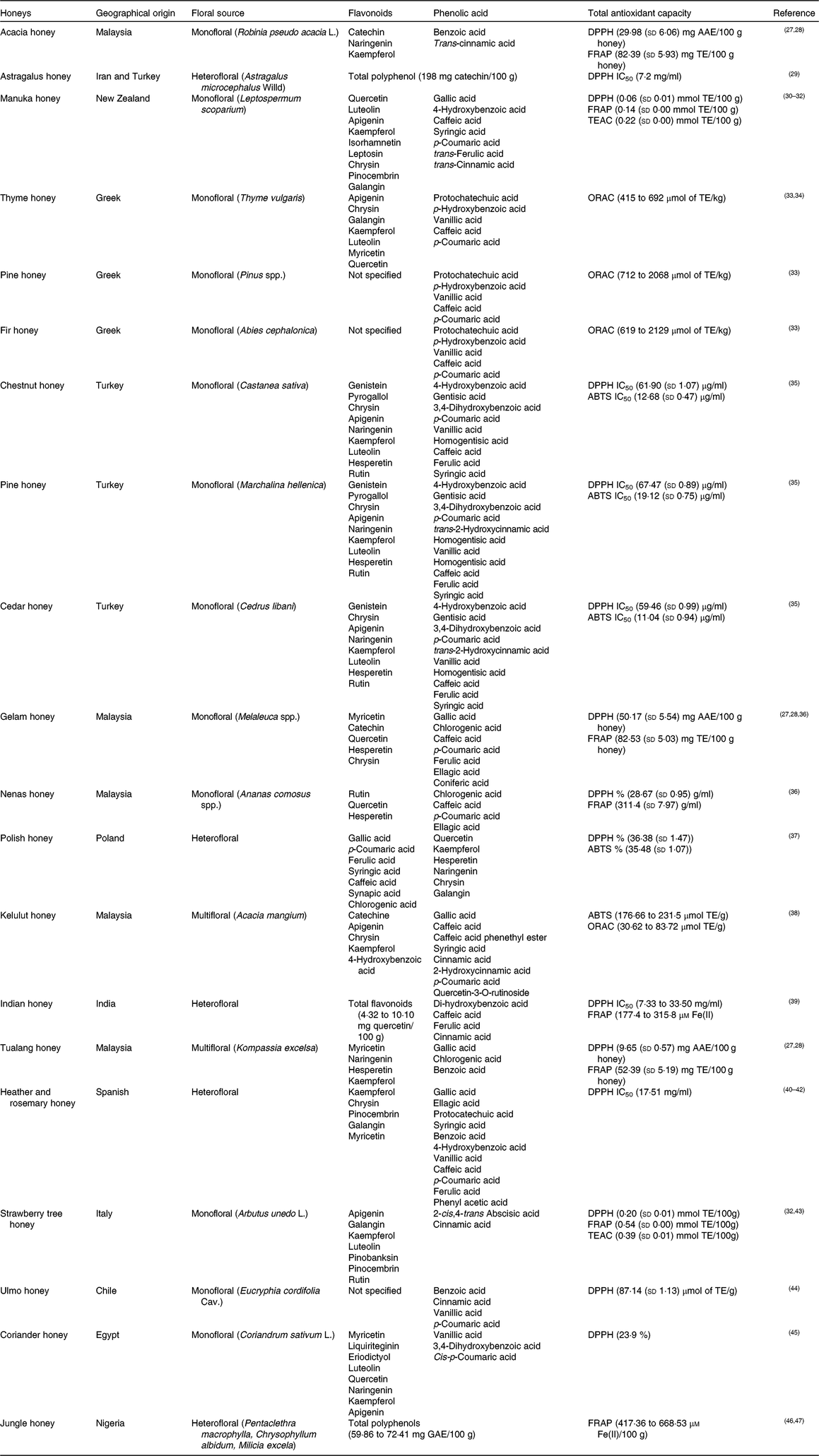
Therapeutic and preventive properties of honey and its bioactive compounds in cancer: an evidence-based review, Nutrition Research Reviews

Coming To The Heartland
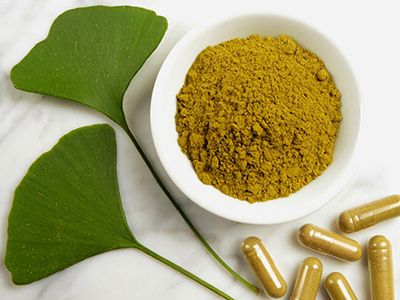
Medicinal Plants For Cancer Treatment

healthmedicinet.comii 2015 10

Antioxidants, Free Full-Text

Short Bowel Syndrome Archives - United Ostomy Associations of America
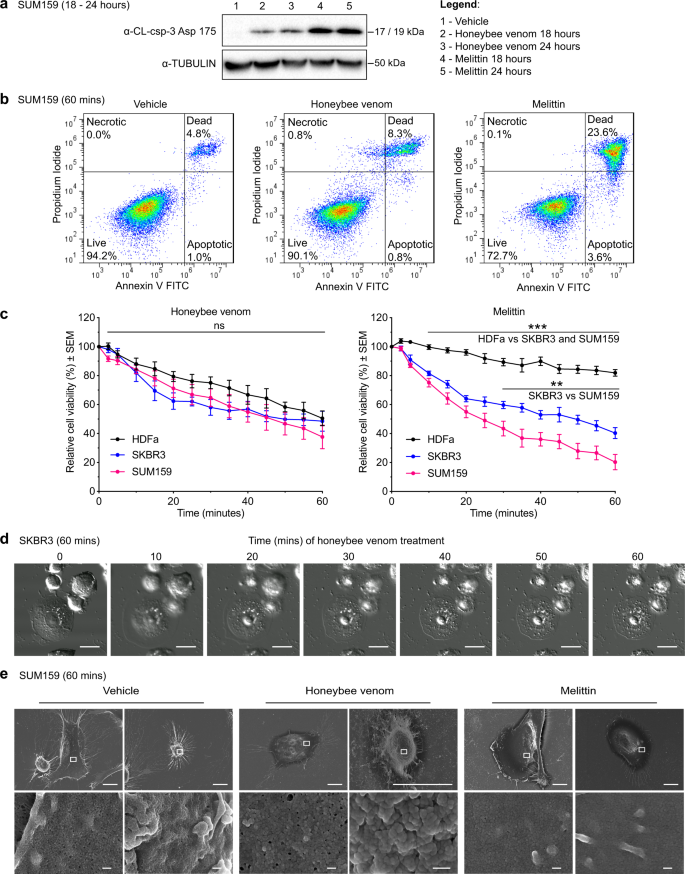
Honeybee venom and melittin suppress growth factor receptor activation in HER2-enriched and triple-negative breast cancer
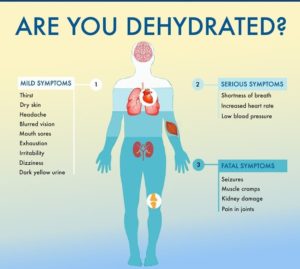
Staying Hydrated - Ironwood Cancer & Research Centers

Ironwood Cancer & Research Centers

Maximizing Honey Production Mississippi State University Extension Service






